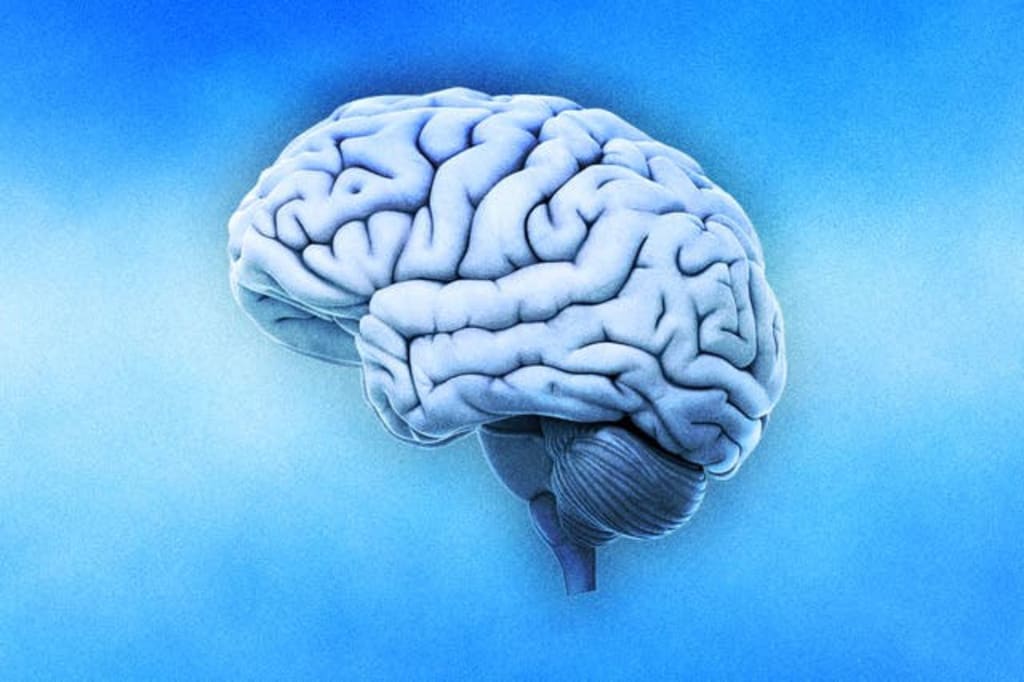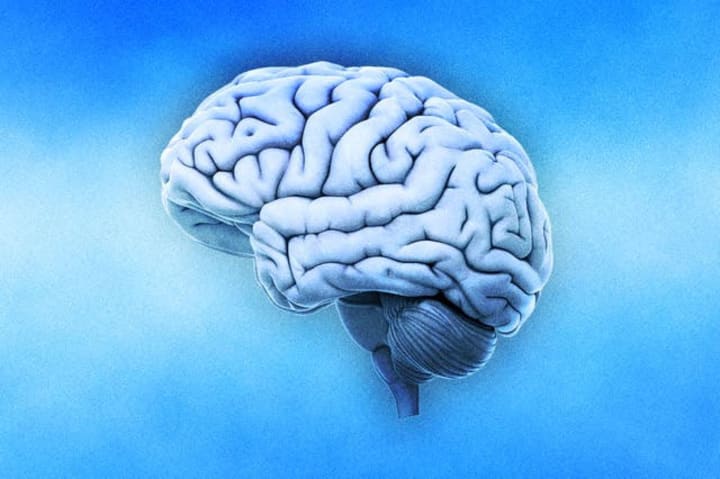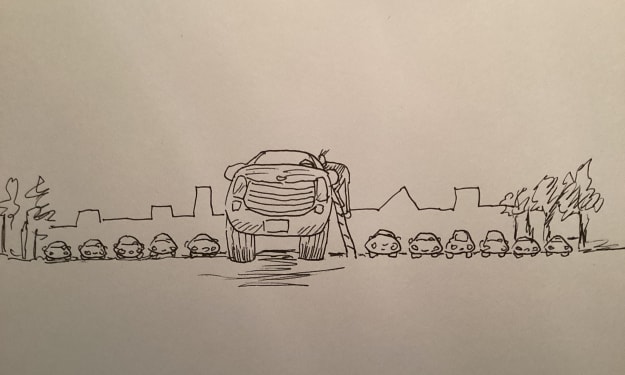Is “January Brain” Real: Does Our Brain Work Differently This Month Than the Other 11 Months of the Year?
Does the cold, dark first month of the year really make our brains work differently?

Even for the most disciplined people, January can be a constant struggle and a lethargy. Do you often find yourself absent-minded, absent-minded, or having trouble concentrating during the first few days of the year?
Welcome to the “January blues” , that time of year when people often feel unusually lethargic. As we return to work after the joyous Christmas and New Year holidays, many of us struggle to adjust. Our brains can feel foggy, our motivation can be lacking and sometimes we can struggle to reach our normal productivity levels.
Scientists have dubbed that feeling of confusion “January brain” : a general feeling of mental sluggishness, as if we’re procrastinating or moving slowly through everything.

The human brain works differently depending on the time of year.
All of this comes at a time when we should be breaking out of our holiday cocoons and starting to work on our New Year’s resolutions. It’s no wonder that one in five people abandon their New Year’s resolutions after less than a month, according to a recent Forbes study. But why exactly do so many of us feel sluggish and stagnant at this time of year?
It has long been accepted that animals adapt to the seasons: they may migrate in winter or change their fur color. Some mammals even undergo changes in their brains. “In hibernating animals like squirrels, part of their brains undergo Alzheimer’s-like pathology during hibernation,” says Professor Tara Spires-Jones, deputy director of the Centre for Exploratory Brain Science at the University of Edinburgh and president of the British Society for Neuroscience. “ But that disappears when they wake up.” And to save energy in the cold, shrews’ brains shrink, making them less able to navigate.
The impact of the seasons on human brain power is still largely unknown, but there are a few studies that have delved into the phenomenon. In 2016, researchers at the University of Liege in Belgium assessed the brain function of 28 study participants throughout the year. Each volunteer spent four and a half days in a lab, and at the end of that time, they participated in two tasks designed to test attention and memory. Their brains were scanned using an fMRI machine to detect changes in blood flow due to brain activity.
Ultimately, the researchers found that attention-related activity peaked in June , around the summer solstice, and was lowest near the winter solstice in late December. So, essentially, the human brain works differently depending on the time of year . In particular, they found “significant yearly variations” in the thalamus and amygdala, parts of the brain involved in alertness, as well as in the hippocampus and prefrontal cortex. Both are involved in self-control, problem solving, and reasoning. Memory-related activity, meanwhile, peaked in the fall and dropped off around the spring equinox in late March.
“Because the means we use to complete cognitive processes are lower in winter, we may find it harder to complete them,” study co-author Dr Gilles Vandewall told The Daily Telegraph. Vandewall also argues that these brain changes in humans may have significantly lessened over time after modern inventions such as electric lighting and central heating came along, as they helped us live more in tune with the seasons.
In many countries, such as the UK, daylight in January is pretty bleak. Light (or lack thereof) can affect our brains and our health . “Every cell in your body has a molecular clock,” says Professor Spires-Jones. “The master regulator of these clocks is in the brain, and it’s called the suprachiasmatic nucleus. When it receives information about light through the retina of the eye, it tells the body that it’s time to wake up. And that controls things like sleep and wakefulness, activity, eating and reproduction. So not getting enough light can throw all of these things out of whack, affecting our mood and sleep schedules.”
The sudden return to normal routine after the holidays can also contribute to the discomfort. If we spend a week or more relaxing in the cozy atmosphere of the holiday season, our sleep-wake cycle and body clock are disrupted. And so are our activity levels and moods in the days following the return to the old routine.
About the Creator
HK Decor
Telling stories my heart needs to tell <3 life is a journey, not a competition
If you like what you read, feel free to leave a tip,I would love some feedback
https://sites.google.com/view/hk-decor/trang-ch%E1%BB%A7
Enjoyed the story? Support the Creator.
Subscribe for free to receive all their stories in your feed. You could also pledge your support or give them a one-off tip, letting them know you appreciate their work.






Comments
There are no comments for this story
Be the first to respond and start the conversation.